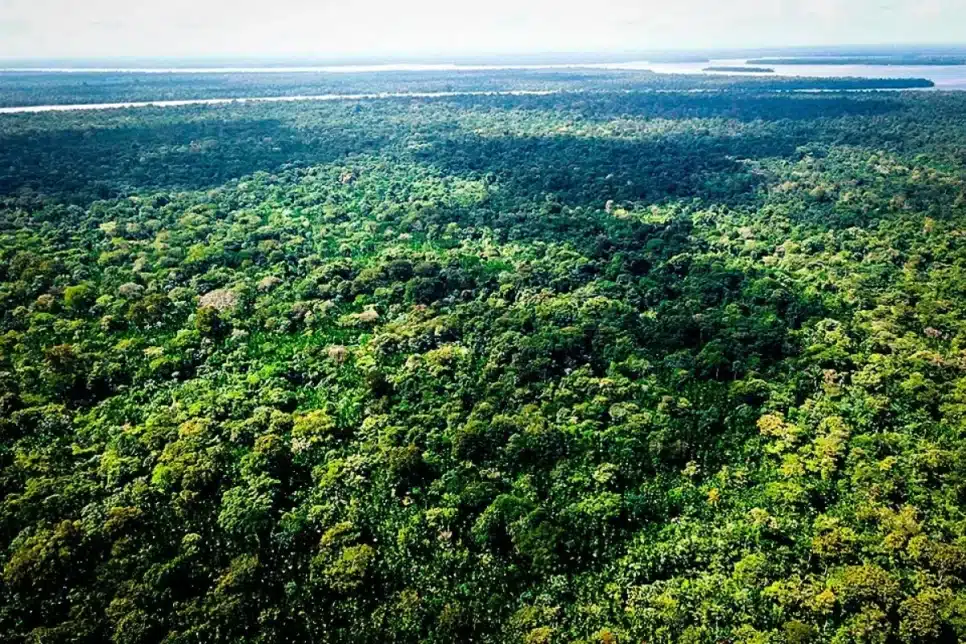Okay, here’s a breakdown of the information presented in the provided text, categorized for clarity:
CONTINUA DEPOIS DA PUBLICIDADE
I. Projects & Initiatives:
Expedição Katerre: A significant initiative focused on the Amazon rainforest, particularly in the Rio Negro region of Amazonas (AM), Brazil. It involves: Scientific Research: Likely related to biodiversity, ecology, and potentially indigenous cultures. Tourism: Offering a unique experience for visitors to explore the rainforest. Community Engagement: Involving local communities, likely through the ICMBIO (Instituto Chico Mendes de Conservação da Biodiversidade). ICMBIO (Instituto Chico Mendes de Conservação da Biodiversidade): The governmental organization overseeing much of the conservation efforts, particularly related to the Expedição Katerre. Abaetuba (Pará): A specific location within the Pará state of Brazil, highlighted as a case study.
CONTINUA DEPOIS DA PUBLICIDADE
II. Geographic Locations:
Amazonas (AM), Brazil: The primary region for the Expedição Katerre. Rio Negro: A major river within the Amazon basin, central to the projects. Pará, Brazil: Specifically, the location of Abaetuba.
CONTINUA DEPOIS DA PUBLICIDADE
LEIA TAMBÉM!
III. Imagery & Visuals (Based on File Names):
The text references numerous images, which likely depict:
Ribeirinhos: Local river dwellers. Ribeirinhas: The smaller waterways and tributaries. Houses/Homes: Traditional dwellings along the riverbanks. Boats/Barcos: Essential for transportation. Forest Landscapes: The Amazon rainforest itself. Expedition Scenes: Images of the Expedição Katerre in action. Community Life: Scenes of people engaged in daily activities.
IV. Key Themes & Concepts:
Conservation: A core focus, driven by the ICMBIO and the Expedição Katerre. Biodiversity: The Amazon rainforest is renowned for its incredible variety of plant and animal life. Indigenous Cultures: The Expedição Katerre likely involves interaction and collaboration with indigenous communities. Sustainable Tourism: The project aims to balance tourism with environmental protection. Riverine Life: The importance of the river as a central element of the ecosystem and the lives of the people who depend on it.
—
To help me provide you with even more targeted information, could you tell me:
What specifically are you interested in learning more about? (e.g., the scientific research, the tourism aspect, the conservation efforts, the indigenous communities, etc.) Do you have a particular question you’d like me to answer based on this information?
